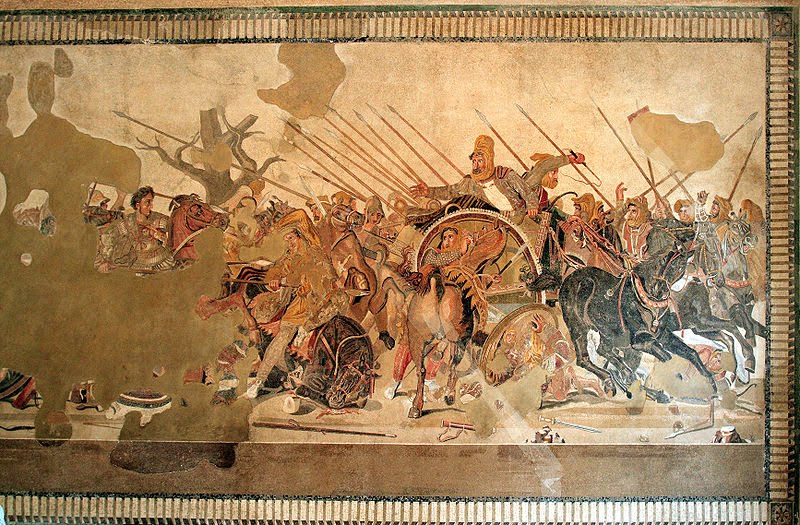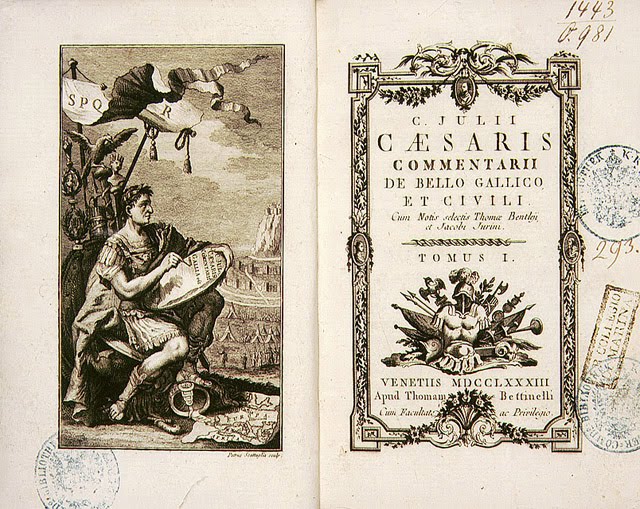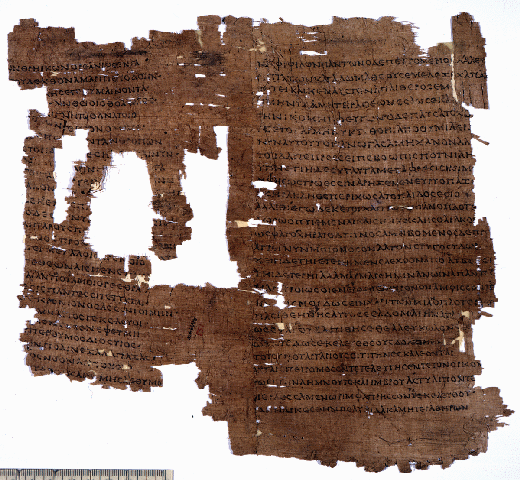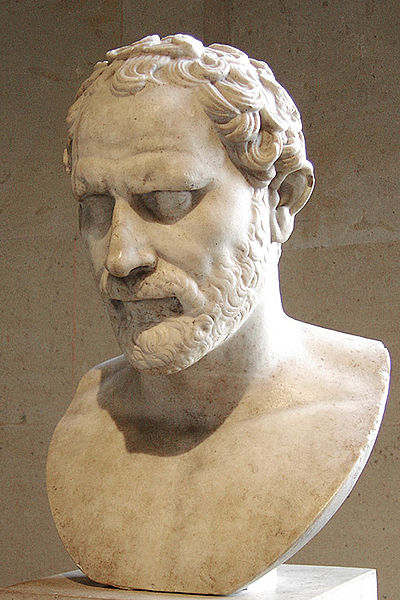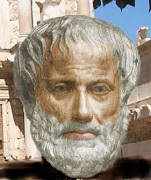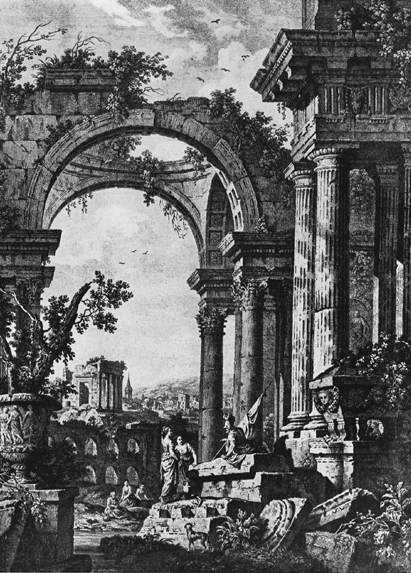Едносеместриален лекционен курс в Бакалавърската програма на специалност Класическа филология. В рамките на задължителния курс "Старогръцка литература" - ІV-V сем.
Теми:
І. Ораторът и политиката.
ІІ. Ораторското изкуство. Образованието на оратора
Лекции и упражнения:
А. Класическата реторика
1. Изократ
2. Демостен (Биографията на Плутарх)
3. Демостен (І реч против Филип и схолии)
Б. Реторическото изкуство
4.(Реторика към Александър)
В. Гръкоезичната реторика в Римската епоха
5. Дион Хризостом
6. Лукиан
7. Либаний
Текстове:
Изократ. Филип; Против софистите.
Демостен. Първа реч против Филип.
Улпиан от Емеса. Схолии към Демостен.
Плутарх. Демостен.
Псевдо-Аристотел (Анаксимен от Лампсак). Реторика към Александър.
Дион Хризостом. За изгнанието си.
Лукиан. Сънят (Животът на Лукиан); Два пъти обвинен;
Как да се пише история; Учителят по красноречие; За платените събеседници; Необразованият купувач на книги; Похвала на Демостен
Либаний. Автобиография.
***
За авторите - от Suda (http://www.stoa.org/sol/) и др.:
Isocrates: Theodorou aulopoiou, Athenaios, rhetor, genomenos epi tes 86 olumpiados, ho esti meta ta Peloponnesiaka. kai dia men tes phones ten atonian kai to aparresiaston dikas ouk eipen, edidaxe de pleistous, kai logous gegrapse 32: biosas de ete 106 eteleutesen. adelphoi de autoi egenonto Tisippos kai Theomnestos kai Theodoros: didaskalos de Gorgias, hoi de Tisian phasin, hoi de Erginon: hoi de Prodikon ephasan, hoi de Theramenen. hoi de logoi autou pleistoi.
Demosthenes: Athenaios, huios Demosthenous kai Kleoboules, rhetor, ton demon Paianieus: epimeles mallon e euphues, hos Hermippos historei: kai pros tas hedonas akolastos, hos kai touto phesin ho autos. hothen kai neos men on Batalos eklethe, hos kai gunaikeiai estheti pollakis chresamenos: Argas de meta to eis andras telesai: hoper estin onoma opheos. epethumese de rhetorikes Kallistraton theasamenos ton rhetora huper Oropion legonta. diekouse de Isaiou, tou Isokratous mathetou, kai tois logois echreto Zoilou tou Amphipolitou, sophisteuontos en Athenais, kai Polukratous kai Alkidamantos, tou Gorgiou mathetou, kai autou mentoi Isokratous. sunephilologese de Aisioni toi Athenaioi kai Theopompoi toi Chioi philosophoi. diekroasato de kai Euboulidou tou dialektikou kai Platonos: eteleutese de phugon eis Kalabrian en toi tou Poseidonos hieroi dia ton Makedona Antipatron, prosenenkamenos pharmakon to en toi daktulioi, ete biosas duo kai hexekonta.
Oulpianos: Antiocheus tes Surias, sophistes, paideusas proteron eis Emesan, en tois kata ton basilea Konstantinon chronois. logous diaphorous, meletas, dialexeis: kai alla tina(...the commentaries and scholia on Demosthenes, written by Ulpian of Emesa who taught rhetoric at Antioch in the reign of Constantine (324-37 AD) and wrote a number of declamations and rhetorical works. Above all, he is the reputed author of these scholia to the speeches of the greatest of all Ancient Greek orators, Demosthenes (384-322 BC)... (http://www.vialibri.net/item_pg/1401521.htm)
Anaximenes: Aristokleous, Lampsakenos, rhetor: mathetes Diogenous tou Kunos kai Zoilou tou Amphipolitou grammatikou, tou kakizontos Homeron, didaskalos de tou Makedonos Alexandrou. heipeto de autoi en tois polemois. houtos basilea Alexandron, thumoi chromenon es Lampsakenous, technei perieile toiaide. phronounton Lampsakenon ta Person, huperzeon toi thumoi Alexandros epeilei ta megista kaka ergasasthai. hoi de, hate peri gunaikon kai paidon kai tes patridos theontes, apostellousin Anaximenen hiketeusonta. Alexandros de gnous kath' hentina aitian hekoi, katomosato theous, e men autou tais deesesi tanantia ergasesthai. Anaximenes de, charisai moi, ephe, o basileu, ten charin, gunaikas kai tekna ton Lampsakenon andrapodisasthai kai ta hiera empresai kai ten polin es edaphos katabalein. Alexandros de ouk echon ti pros touto sophisasthai e antimechanesasthai kai enechomenos tei anankei tou horkou, sungnomen enemen ouk ethelon Lampsakenois. emunato de kai Theopompon, ton Damostratou, echthron onta Anaximenes ouk amathestata, all' epiphthonotata. sophistes gar on kai sophiston logous mimoumenos, graphei biblion es Athenaious kai epi Lakedaimonious, sungraphen loidoron es to akribestaton mimesamenos: kai epigrapsas Theopompou to onoma epempen es tas poleis. kai ek toutou to echthos to es Theopompon ana pasan ten Hellada euxeto. ou men oude eipein tis autoschedios Anaximenous proteros estin heurekos.
Dio Cocceianus of Prusa (c.40 - after 112; also known as Chrysostom: Greek politician and philosopher, and - by some definitions - one of the first representatives of the Second Sophistic.
http://www.livius.org/di-dn/dio/dio_chrysostom.html
Loukianos: Samosateus, ho epikletheis blasphemos e dusphemos, e atheos eipein mallon, hoti en tois dialogois autou geloia einai kai ta peri ton theion eiremena paratithetai. gegone de epi tou Kaisaros Traianou kai epekeina. en de houtos toprin dikegoros en Antiocheiai tes Surias, duspragesas d' en toutoi epi to logographein etrape kai gegraptai autoi apeira. teleutesai de auton logos hupo kunon, epei kata tes aletheias eluttesen: eis gar ton Peregrinou bion kathaptetai tou Christianismou, kai auton blasphemei ton Christon ho pammiaros. dio kai tes luttes poinas arkousas en toi paronti dedoken, en de toi mellonti kleronomos tou aioniou puros meta tou Satana genesetai.
Libanios: sophistes, Antiocheus, ton epi Ioulianou tou basileos chronon kai mechri Theodosiou tou presbutou, Phasganiou patros, mathetes Diophantou. egrapsen apeira: en hois Enkomion eis Konstantion ton basilea, heteron eis Ioulianon, Meletas rhetorikas, kai epistolas. houtos epi ton chronon en Basileiou tou megalou kai Gregoriou tou theologou. ho de Ioulianos ho Parabates kaiper tosoutois embebekos tes te peri logous hepteto philotimias kai ton tes Antiocheias sophisten, hoi Libanios onoma, diapherontos ethaumase, ta men isos epainon, ta de, hopos lupoie ton megan sophisten Proairesion, protimon heteron. Akakios goun tis autoi ton peri rhetoriken deinon kai ho ek Phrugias Touskianos aei pros tauta epekaloun kai diememphonto tas kriseis.
About the Latin Academy in the Vatican
11 years ago
